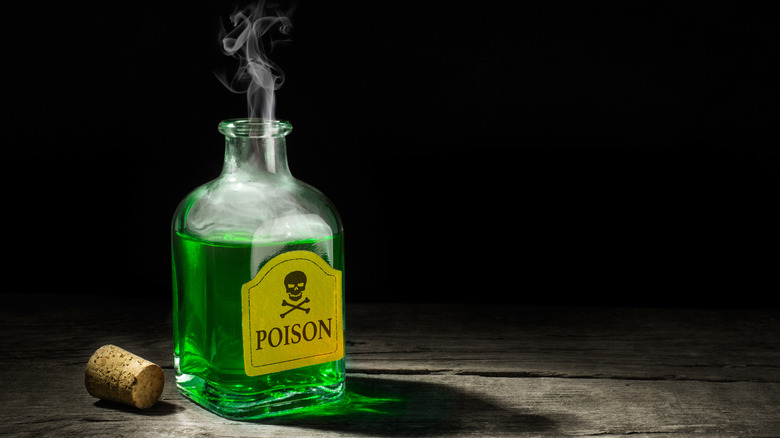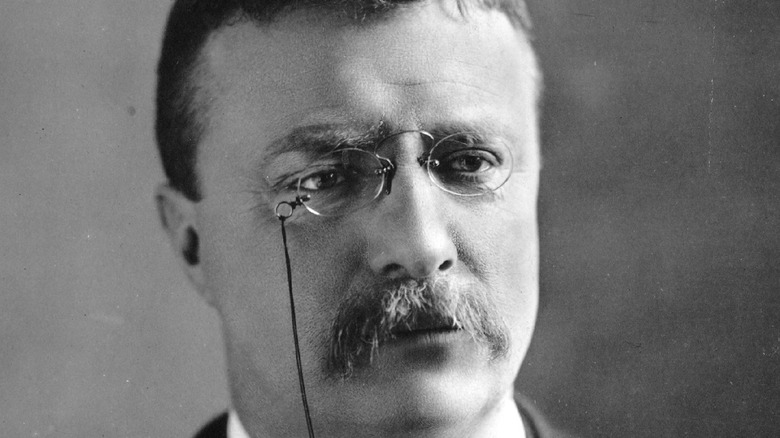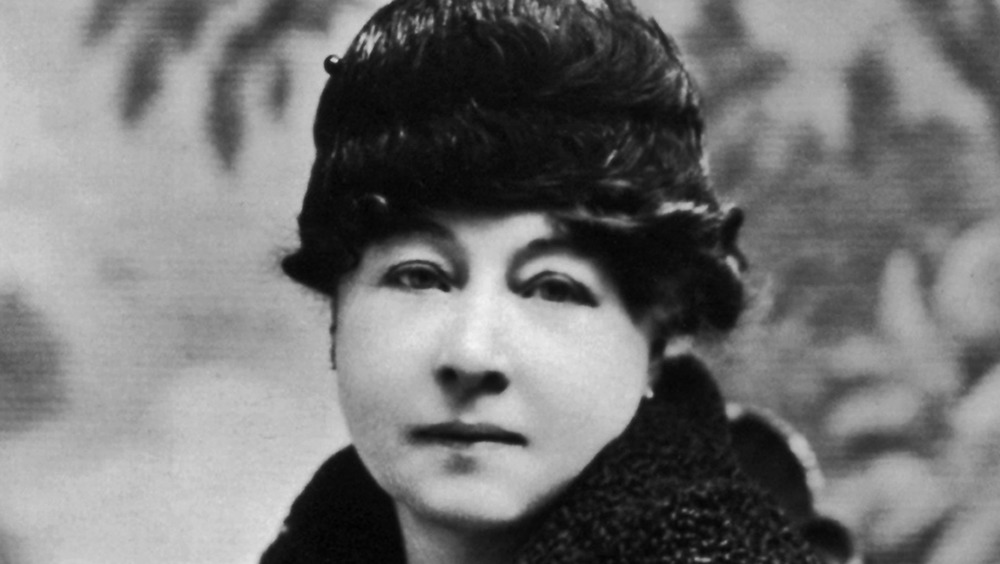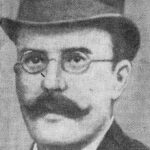
The Truth About Deadly Victorian Doctor Thomas Neill Cream
Thomas Neill Cream was born in Scotland in 1850, and his family emigrated to Canada a few years later. As a young man, he worked as a shipbuilder but eventually decided to study medicine. At 22 years old, he enrolled as a medical student at McGill University where he learned, among other things, about chloroform and its effects on the body. Cream graduated with honors in 1876 and earned the medical degree that he always wanted (via Casebook).
Just a few months after graduation, a girl with whom Cream had relations, Flora Elizabeth Brooks, fell pregnant. The fresh medical graduate decided to perform an abortion, but it didn’t end well and Flora almost died as a result. Upon learning of the incident, Flora’s father demanded Cream to marry his daughter, which he did. However, he had no interest in married life and soon departed for London to pursue further studies. Thomas Neill Cream returned to Canada after earning his qualifications, but by that time, Flora Brooks had died and the doctor was once again a single man.
Thomas Neill Cream's abortion practice
Upon his return to Canada, Thomas Neill Cream established a clinic and performed illegal abortions. According to ATI, it was during that time when the doctor killed his first victim. Kate Gardner was a patient at the clinic, and her body was found behind his building with a bottle of chloroform nearby. Authorities questioned Dr. Cream and he said he saw Gardner for an abortion consult but denied giving her the chemical. Kate Gardner’s death was ruled to be caused by chloroform, but by the time authorities got back to Cream, he had already fled to Chicago.
It was 1879 when Dr. Cream arrived in Chicago to set up a clinic in the red-light district where sex workers often sought to get abortions for unwanted pregnancies. The abortionist had a steady stream of patients going through his doors, and a couple of them died by his hands — one of a botched procedure, and another after ingesting medication prescribed by Cream, per Canada’s History. Authorities kept their eye on the doctor, but no charges were ever brought against him.
A murder charge and subsequent crimes
In 1881, Thomas Neill Cream was convicted of murder. According to a report from the Chicago Tribune, he killed the husband of a woman he was having an affair with. The doctor was sentenced to life in prison but just 10 years later, he was released, most likely because of his connections in high places and the money he had. He returned to England after his prison stint, and it was there where he continued his crimes.
Once again, he set up a clinic in an impoverished area in London where he was sure to get abortion patients. Two women died soon after Dr. Cream’s arrival. Both ingested poison, but the doctor was never suspected. Shortly after, as Casebook reports, two more women were poisoned. Still, authorities didn’t have their eye on Cream, but he inserted himself in the investigation by accusing the dead woman’s neighbor, Joseph Harper, of the crime. He even claimed to have evidence against the man and told him that he won’t surrender the evidence to authorities if Harper paid him hush money. Harper, knowing that he had no hand in the crime, refused Cream’s offer.
Dr. Cream's arrest and death
Dr. Thomas Neill Cream was so adamant to get more money that he tried to extort more innocent people by saying he had evidence against them. In a desperate attempt, he even befriended detective John Haynes and gave him a tour of the crime scenes where the women died. Cream did the same with a police sergeant, and that was when authorities became suspicious of the doctor (via Casebook). A witness also told police about seeing two of the murdered women with a man that fit Dr. Cream’s description.
The murders were eventually tied to Cream and he was charged for the crimes. A woman who was the doctor’s patient testified in court that she was prescribed the same pills the dead women ingested, but fortunately, she didn’t take them. The doctor was found guilty of the murders and, per ATI, he eventually confessed to all the crimes he committed in which he wasn’t a suspect. He was sentenced to death and was executed at the gallows in 1892. According to the executioner, Thomas Neill Cream’s final words were, “I am Jack–,” but he was never able to finish his sentence. Throughout the years, many have speculated that Cream’s dying words were a confession that he was Jack the Ripper, but investigations revealed that he was imprisoned in Chicago at the time when Jack the Ripper was murdering women in London.
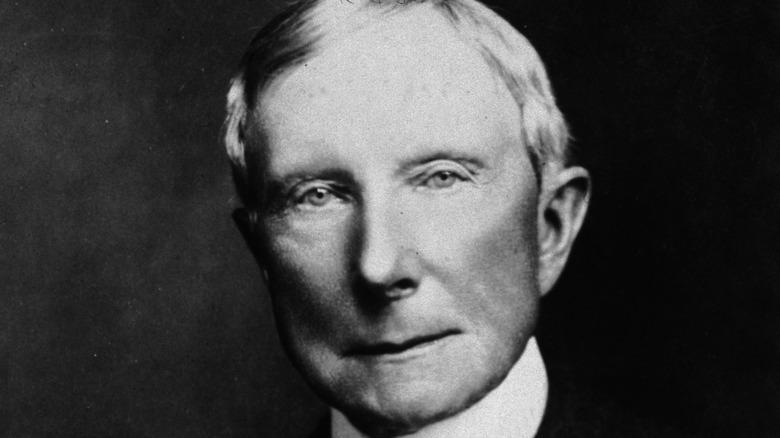
The Truth About The Assassination Attempt On John D. Rockefeller

The Truth About Japan's Forgotten Kamikaze Diver Unit
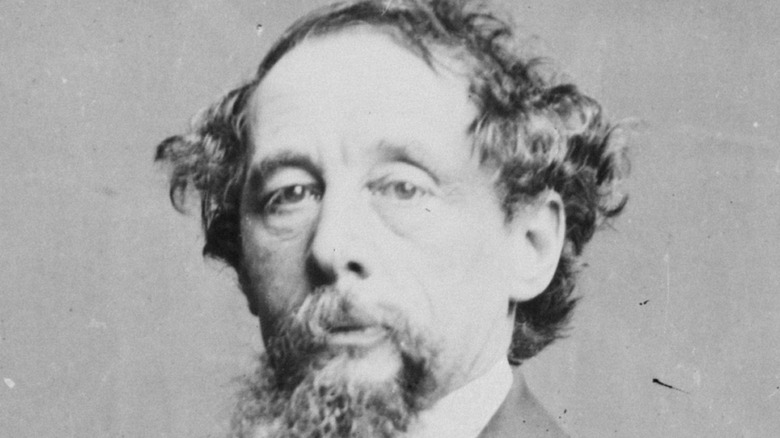
The Tragic Deaths Of Charles Dickens' Siblings
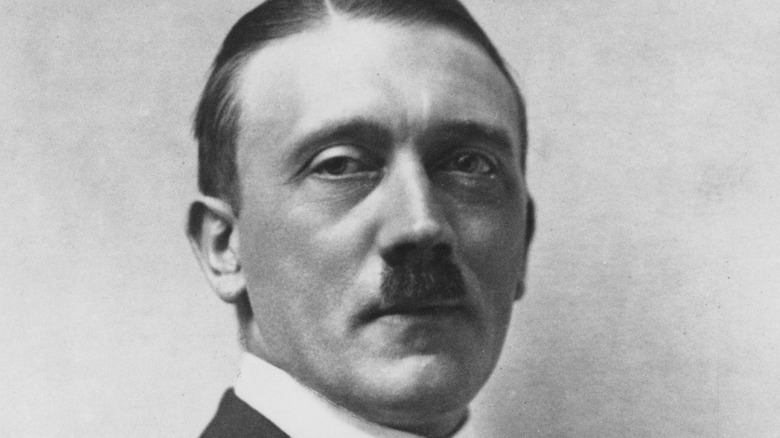
What You Might Not Know About Hitler's Wolf's Lair

The Untold Evils Of The Roman Emperor Caligula

The Truth About Ric Flair And Hulk Hogan's Feud

What You Might Not Know About Bolivia's Sky Mirror
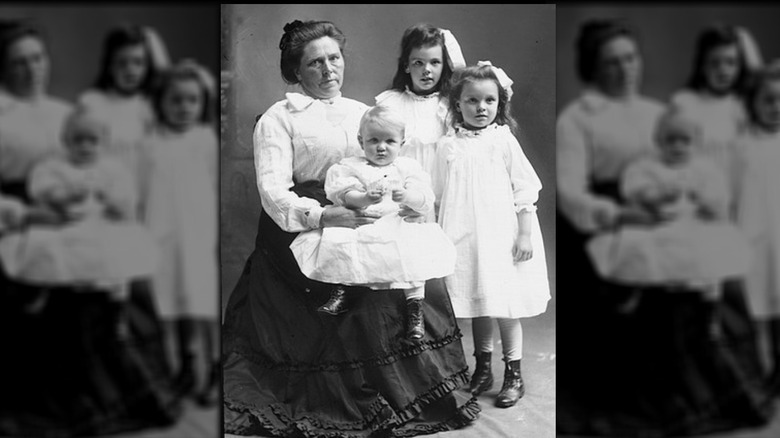
The Truth About Belle Gunness' Lover And Accomplice, Ray Lamphere

Here's What Would Happen If The US Declared Martial Law

Bizarre Things That Don't Make Sense About Rasputin's Death

